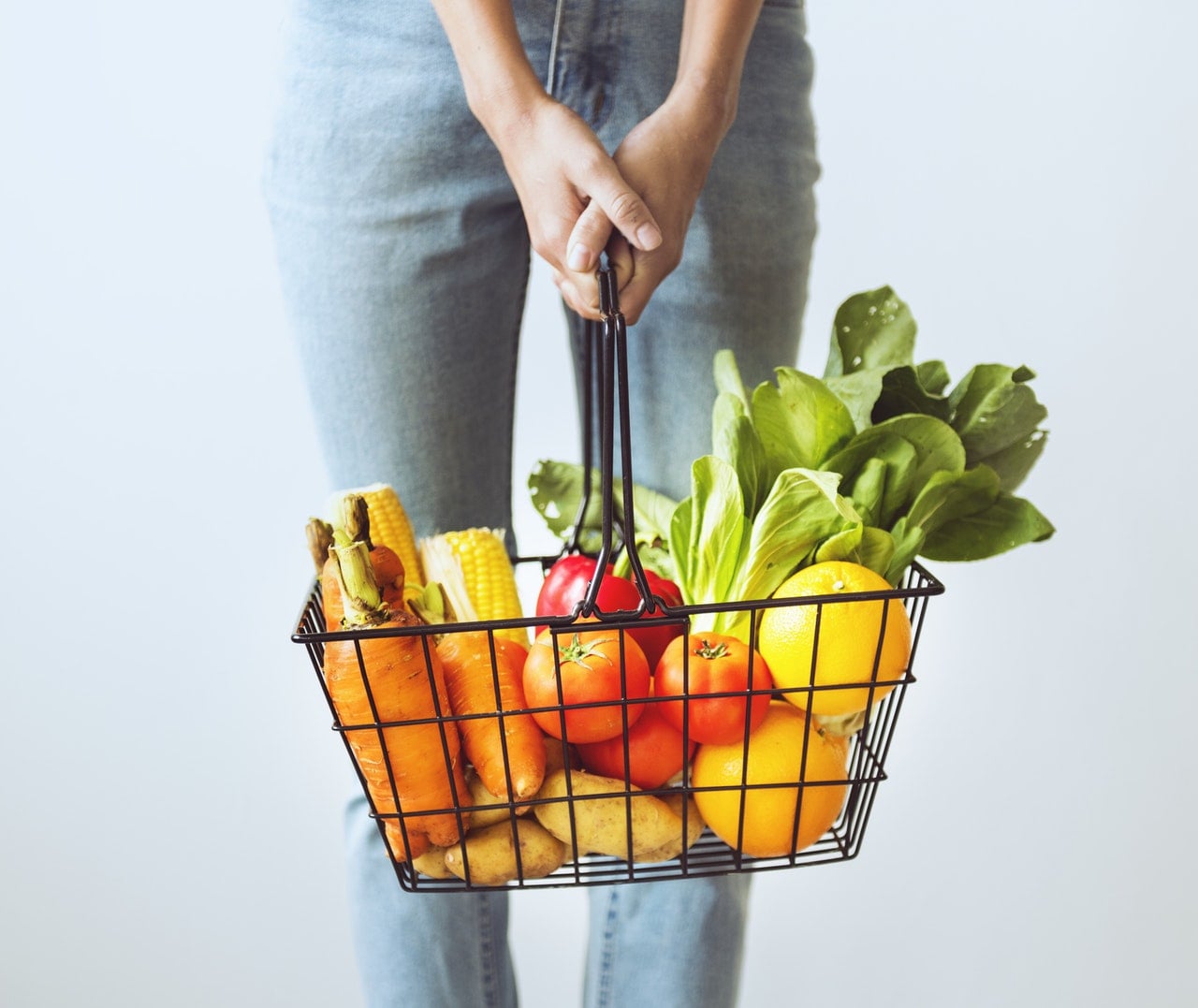


Ever wonder which fruits and vegetables have the most and the least amount of pesticides? In most major cities we have more food options than we’ve ever had before. Buying all organic produce usually isn’t an option and it’s also usually not entirely necessary. There’s certain produce that you should always buy organic (due to high pesticide spraying rates) and ones that don’t necessarily have to be organic and can be bought conventional. But which ones are deemed safe and which ones should we stay away from?
The Environmental Working Group (EWG) is an American activist group that concentrates in research and advocacy in the areas of agricultural subsidies, public lands, and corporate accountability. EWG is a nonprofit organization and its headquarters are in Washington D.C. EWG helps to empower individuals to live healthier lives in a healthier environment. Every year the EWG sits down, and finds out which types of conventionally grown produce contain the most and the least amount of chemical pesticides. Below you’ll see a list called The Dirty Dozen and The Clean Fifteen. The Dirty Dozen contains fruits and veggies you should always buy organic and The Clean Fifteen contains fruits and veggies you can buy conventionally with little or no worry. Hopefully these lists it will provide a sense of calmness the next time you’re in the produce isles wondering if it really matters if your avocado is organic or not.
The Dirty Dozen (2018 Edition)
1. Strawberries
2. Spinach
3. Nectarines
4. Apples
5. Grapes
6. Peaches
7. Cherries
8. Pears
9. Tomatoes
10. Celery
11. Potatoes
12. Sweet Bell Peppers
The Clean Fifteen (2018 Edition)
1. Avocados
2. Sweet Corn
3. Pineapples
4. Cabbage
5. Onions
6. Frozen Sweet Peas
7. Papayas
8. Asparagus
9. Mangoes
10. Eggplant
11. Honeydew Melon
12. Kiwi
13. Cantaloupe
14. Cauliflower
15. Broccoli
果たしてどの果物や野菜が最も多くの農薬を含んでいるかとか、逆に最も少なく含まれているかなど疑問に感じた事はないでしょうか?大きな都市では、昔に比べて多くの選択肢が増えてきました。以前は、そこまで無農薬農作物を買うという選択肢はなく、またそこまで必要性もありませんでした。中には高濃度の殺虫剤や農薬のため無農薬の物を購入すべき場合もありますし、通常通り買っても問題ない物もあります。ただどうやってそれらを見分ければ良いのでしょうか。
The Environmental Working Group (EWG) は、農作物や土地などを調査し、農業助成金や公用地の保護や企業責任について提唱するアメリカの組織です。非営利団体でワシントンDCに本部があります。EWGでは、個人が健康的な環境で健康的に生活する権利を保護する活動をしていて、毎年最も農薬が含まれいる/いない作物を調査して発表しています。下記リストが、「The Dirty Dozen and The Clean Fifteen(汚染された12種とクリーンな15種)」と呼ばれる物です。「汚染された12種」では、果物や野菜であなたが無農薬に拘って買うべき物が分かります。逆に「クリーンな15種」では、特に気にせずに通常通り買い物をしても問題ない物が分かります。このリストをみれば、次にスーパーに行くとき、あなたが手に取ったアボカドは無農薬の物かどうかいちいち確認せずに落ち着いて買い物ができますよ。
2018年版 The Dirty Dozen
1. Strawberries(いちご)
2. Spinach(ホウレン草)
3. Nectarines(ネクタリン)
4. Apples(リンゴ)
5. Grapes(ブドウ)
6. Peaches(桃)
7. Cherries(さくらんぼ)
8. Pears(洋ナシ)
9. Tomatoes(トマト)
10. Celery(セロリ)
11. Potatoes(じゃがいも)
12. Sweet Bell Peppers(ピーマン)
2018年版 The Clean Fifteen
1. Avocados(アボカド)
2. Sweet Corn(とうもろこし)
3. Pineapples(パイナップル)
4. Cabbage(キャベツ)
5. Onions(玉ねぎ)
6. Frozen Sweet Peas(冷凍さやえんどう)
7. Papayas(パパイヤ)
8. Asparagus(アスパラガス)
9. Mangoes(マンゴー)
10. Eggplant(ナス)
11. Honeydew Melon(ハニーデューメロン)
12. Kiwi(キウイ)
13. Cantaloupe(カンタロープメロン)
14. Cauliflower(カリフラワー)
15. Broccoli(ブロッコリー)